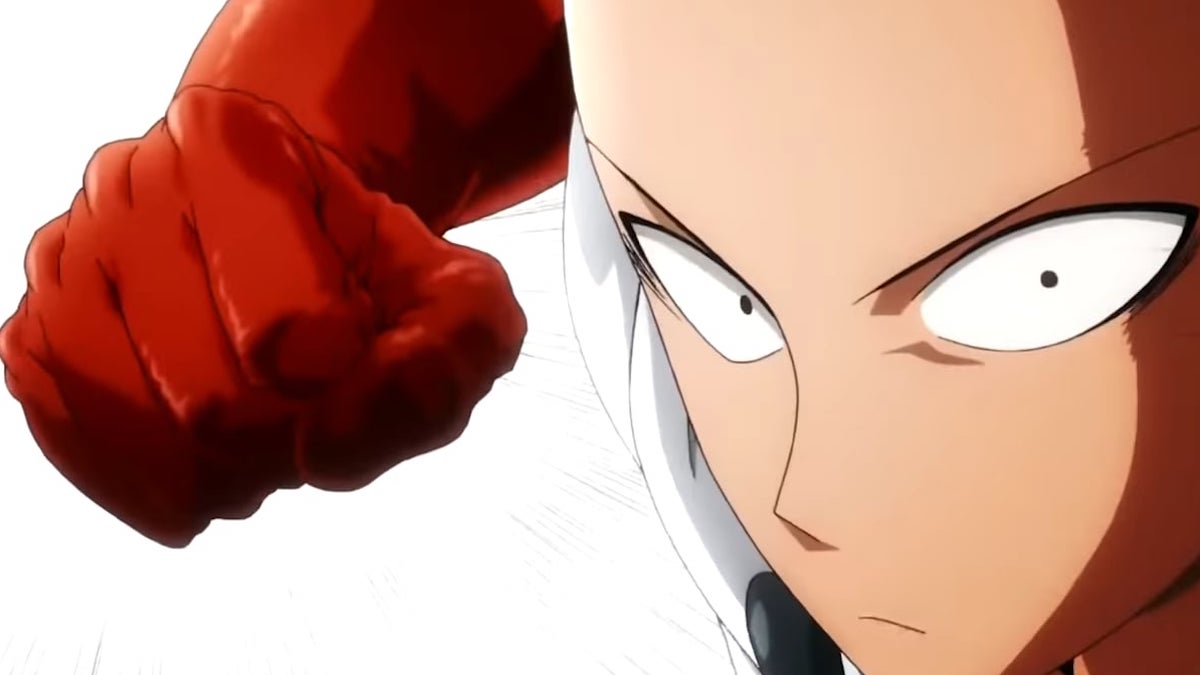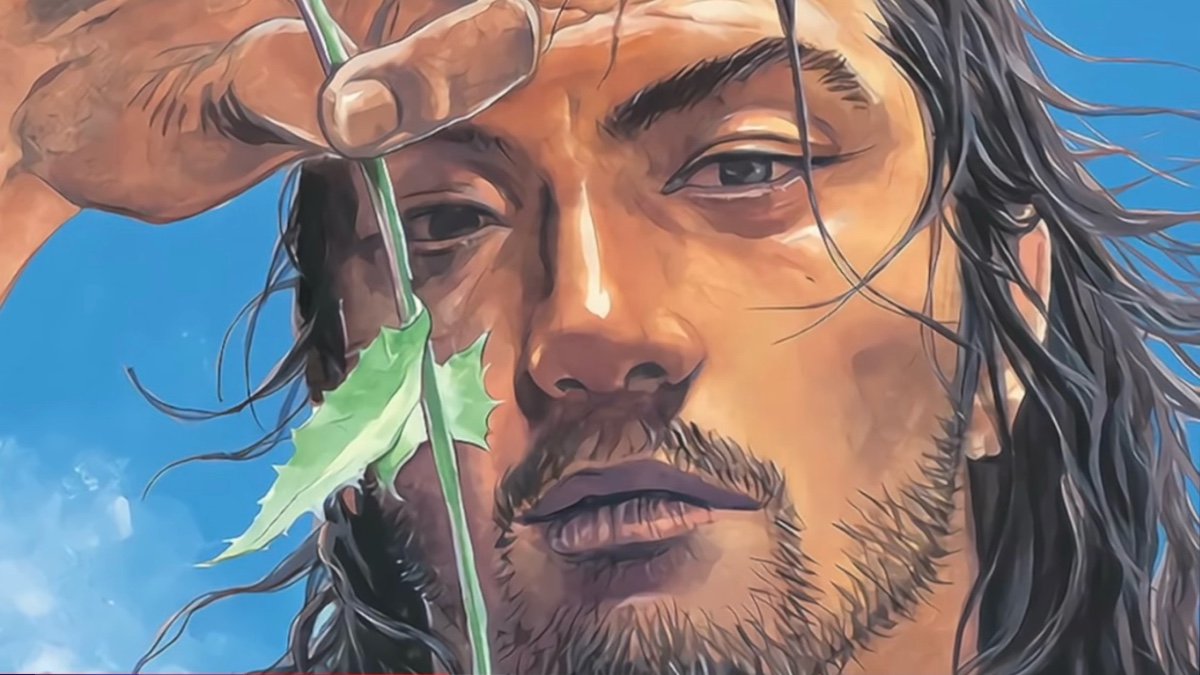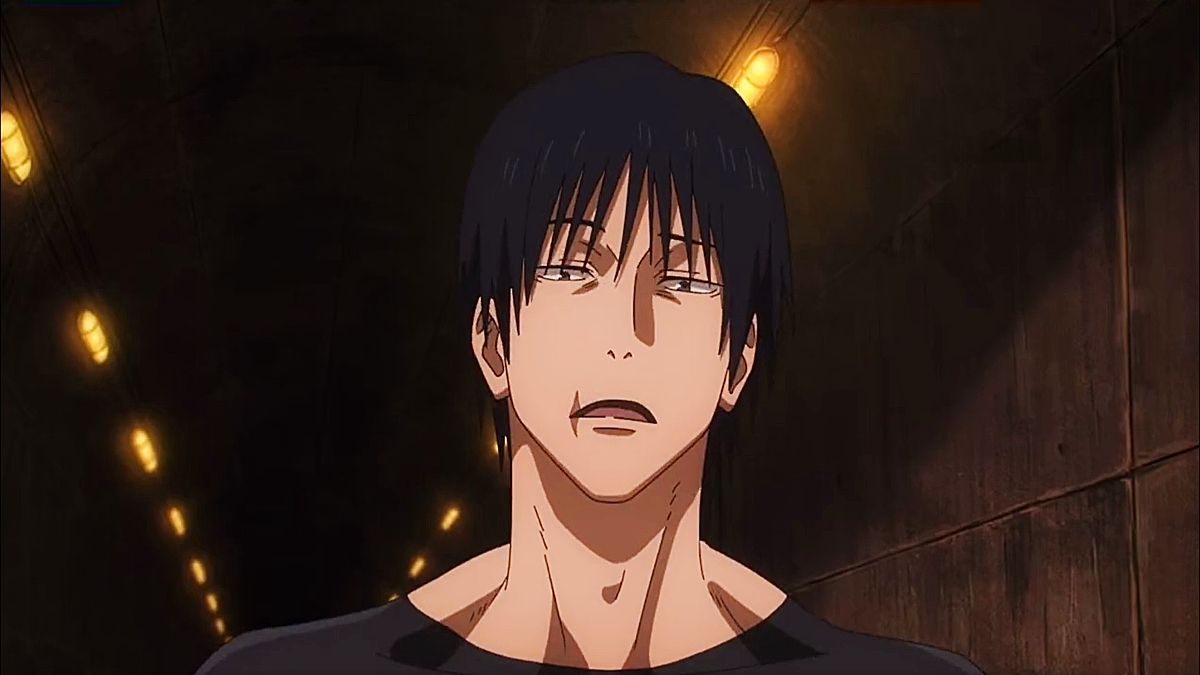In a monumental new interview, Studio Ghibli co-founder and famed Japanese animation director Hayao Miyazaki discussed why his career continued after his second retirement, and it reminded many Ghibli fans that the director isn’t done making films yet.
Profiled in the New York Times Style Magazine on Tuesday, the feature is the director’s first interview with an English outlet in seven years — or since his last film released. Miyazaki’s most recent “last film,” The Wind Rises, was released in 2013 as the capstone to a extensive filmography. Just a few years later, though, talk swirled around Miyazaki exiting retirement and, in 2016, a new film entered production at Ghibli.
The last time the director entered retirement was 1998. Miyazaki returned just a year later with plans to make Spirited Away. Many are holding their breaths, expecting to see something similarly remarkable from the impassioned director.
Ghibli co-founder Toshio Suzuki was initially resistant to Miyazaki’s return. “I was like, ‘Give me a break.’” Suzuki has, evidently, reversed course.
“The whole purpose of Studio Ghibli,” he says, “is to make Miyazaki films.” The producer continues to be a close companion and cheerleader to Miyazaki. As writer Ligaya Mishan recounts in the profile: “During my conversation with Miyazaki, he notes that Suzuki is sitting beside him, off-screen, urging him to finish his new film, which has thus far taken four years.”
The subject of the film is, in some capacity, another children’s book. The film is titled after Yoshino Genzaburō’s 1937 novel How Do You Live?, which was translated into English for the first time earlier this year by Bruno Navasky. Known as the author’s favorite childhood book (and required reading for many Japanese students), the post-war story concerns a 15 year old boy named Junichi Honda navigating human experiences like spirituality and poverty.
But Miyazaki famously strays from his source material, whether it’s Diana Wynne Jones’ 1986 book Howl’s Moving Castle or the semi-biographical The Wind Rises (which recounts the life of Jiro Horikoshi), so what the film is itself about it not really known at the present.
While neither opted to share anything new about the film during the brief interview time, Miyazaki did have one admission. When asked whether the film will answer its eponymous question, the director responded: “I am making this movie because I do not have the answer.”






